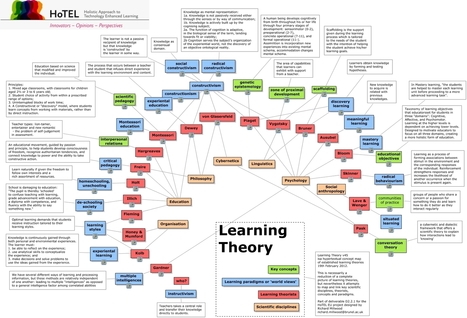This is the opening editorial that Tim Surma and I wrote for the Autumn 2020 edition of Impact on evidence-informed pedagogy. The reason that we collated a publication with this theme is simple and really straightforward: If we, as educational professionals, choose to inform the choices that we make for our practice by the best available evidence, we can make meaningful striking enhancements in our pedagogical practice, and thus on the efficiency, effectiveness, and success of our teaching and of children’s learning.g and
Via Elizabeth E Charles



 Your new post is loading...
Your new post is loading...


















